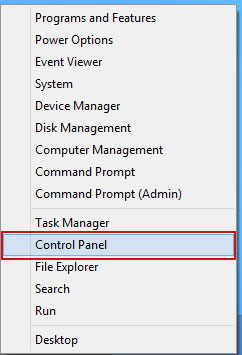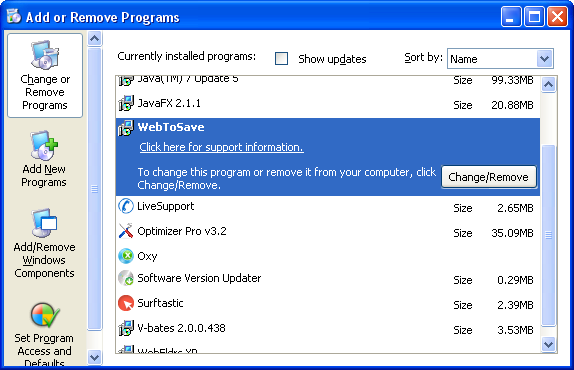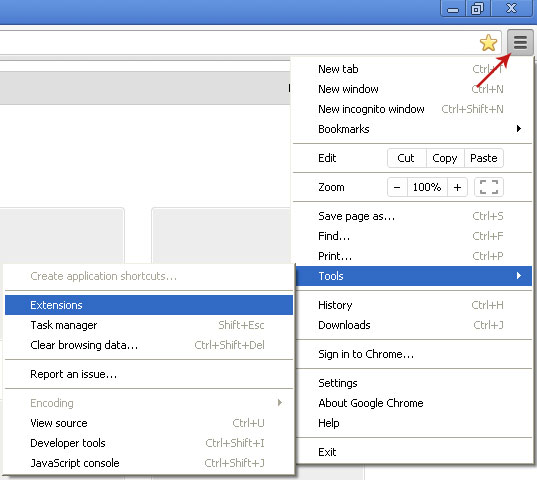To find out whether or not PUPs that display "deals" popup are classed as malware we need to examine their purpose in a little more detail. Because Potentially Unwanted Programs manifest themselves as browsers, toolbars or home pages, it can be tempting to think they are harmless. However surely if something doesn't actually TELL you, or at least tell you explicitly, that it is downloading itself, this must mean that PUPs ARE a variety of malware. So, which side of the fence do PUPs fall on?
In actual fact, most Potentially Unwanted Programs are not dangerous. Unlike real malware, they don't corrupt your files, they won't lock your computer down, they don't monitor which websites you visit and they don't record which keys you're typing with a view to capturing your passwords and online banking details.
But the problem that most people have with PUPs is the way in which they install themselves so sneakily. A PUP really is a program because, as mentioned it is something that has a function: i.e. a toolbar or home page. The difference is, it is 'Potentially Unwanted' because, well, let’'s be honest, you didn't actively seek it out and proactively download it in the first place, so who's to say that you will want it once you do have it on your computer? It's a bit of a gray area that’s for sure.
Funnily enough the people that develop Potentially Unwanted Programs take offense to their software being called malware and will argue until they're blue in the face that their program is potentially WANTED.
And so yet again, we have to ask the question; if PUPs are called potentially unwanted by the majority of us, why is that?
Initially you might not think that a new toolbar, browser, home page or a pop-up called "deals" could cause you that many issues but it won't be too long before you're likely to be tearing your hair out in frustration. The main problem is that Potentially Unwanted Programs hijack your computer and change your default settings, replacing your browser, home page or tool bar to one that the software developer has created. What that means is that every time you try and search for something using them, you will be directed to a website that the developer wants you to visit instead.
Having a PUP that displays "deals" popup on your computer can also slow down your CPU and leave your security open to attack by nastier forms of malware. They are also often associated with adware and will display endless pop-up adverts for goods or services you have little to no interest in. PUPs are not malware – but they are potentially definitely something you don't want on your PC.
To remove PUPs and stop annoying "deals" popup ads, please follow the steps in the removal guide below. If you have any questions, please leave a comment down below. Good luck and be safe online!
Written by Michael Kaur, http://delmalware.blogspot.com
"Deals" Popup Removal Guide:
1. First of all, download anti-malware software and run a full system scan. It will detect and remove this infection from your computer. You may then follow the manual removal instructions below to remove the leftover traces of this malware. Hopefully you won't have to do that.
2. Remove "Deals" popup related programs from your computer using the Add/Remove Programs control panel (Windows XP) or Uninstall a program control panel (Windows 7 and Windows 8).
Go to the Start Menu. Select Control Panel → Add/Remove Programs.
If you are using Windows Vista or Windows 7, select Control Panel → Uninstall a Program.

If you are using Windows 8, simply drag your mouse pointer to the right edge of the screen, select Search from the list and search for "control panel".

Or you can right-click on a bottom left hot corner (formerly known as the Start button) and select Control panel from there.

3. When the Add/Remove Programs or the Uninstall a Program screen is displayed, scroll through the list of currently installed programs and remove the following:
- Couponarific
- and any other recently installed application

Simply select each application and click Remove. If you are using Windows Vista, Windows 7 or Windows 8, click Uninstall up near the top of that window. When you're done, please close the Control Panel screen.
Remove "Deals" popup related extensions from Google Chrome:
1. Click on Chrome menu button. Go to Tools → Extensions.

2. Click on the trashcan icon to remove WebToSave, MediaPlayerV1, HD-Plus 3.5 and other extensions that you do not recognize.
If the removal option is grayed out then read how to remove extensions installed by enterprise policy.

Remove "Deals" popup related extensions from Mozilla Firefox:
1. Open Mozilla Firefox. Go to Tools → Add-ons.

2. Select Extensions. Click Remove button to remove WebToSave, MediaPlayerV1, HD-Plus 3.5 and other extensions that you do not recognize.
Remove "Deals" popup related add-ons from Internet Explorer:
1. Open Internet Explorer. Go to Tools → Manage Add-ons. If you have the latest version, simply click on the Settings button.

2. Select Toolbars and Extensions. Click Remove/Disable button to remove the browser add-ons listed above.

